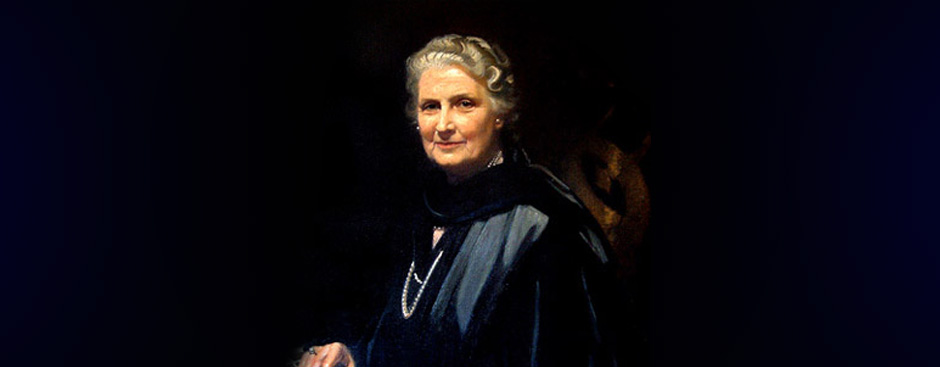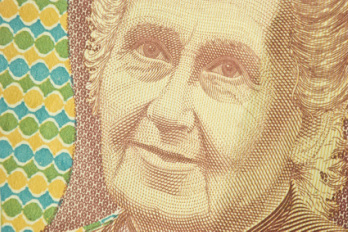
The Philosophy
Natural Spirituality
Montessori discovered that kids held something astonishing within them, something so great that it could be capable of changing the world. She found out that they were naturally good and that, if they are permitted to develop fully, they can connect with almost anything and are also usually caring for one another including the world around them. As she kept working with the children the she got more convinced that they had exact inner guides and that the job of the adults were to help them becoming what they are meant to be. She also felt that it was the spiritual nature of children that has been ignored and denied. She presumes the children could enhance the adults in discovering how to regenerate the divine way of living.
The Philosophy
Children survive based on order and structure. Order plays a very vital role in the growth and development of young children. It recognizes the position of each object about its environment and in remembrance of where each thing should be. Such knowledge is essential for a child to feel secure about its environment and build on experiences that already exist. If there’s order in the environment, it makes children feel safe, and they would know how things should be done. Due to this, emphases are being laid on order within the Montessori classroom. Children can be given maximum freedom to develop if the environment is designed in a very accessible way.
Children move through sensitive periods
Children learn through their senses
Montessori found out that kids built on their physical knowledge of the world through their senses and by designing lively materials carefully which the children were told to experiment with, she could help them expand this understanding. She accomplished this by each of the senses, one after another and developing resources that secluded some aspects out that would then be explored quickly by he children. She also found out that children love to play with beautiful objects. So all the materials were organized with total care. Instead of proving to be old in the modern age, these items that were beautifully designed were already showing how right her observations were. A lot of those items are already being produced in different types of schools all over the world.
Children need freedom
Children absorb their culture
Big Teachers
Little Teachers
Children are natural learners
Processes not Results
These Montessori schools believe that children are happier when they are involved in the processes. Children (if left with their instincts) would want to explore the entire world because they are natural learners. Most times, what stops children from enjoying this innate curiosity is only external demands that aren’t on the same path of their needs. The only result that children need is the one that makes them feel good about themselves and their potentials. When learning, if there are undesirable effects that make them feel displeased about themselves, they tend to be scared of the processes. Such fear could prevent them from enjoying learning forever.
Therefore, Montessori schools believe that is best for a child to work at a speed that is right for him or her because they are individuals and their preferences varies. There should be no grades or examinations. Children are not in a competitive race with themselves. And the schools continue to fight to protect the rights of each kid to be shielded from unnecessary pressure.
Learning should be FUN!
Use of Montessori terminology

In the year 1967, the so-called US Patent Trademark Trial and Appeal Board stated that the word “Montessori” has an imaginative and a genetic impact. Therefore, in the US and everywhere else, the term can also be used without allocating any warranty of how carefully a program relates to Montessori work. This statement has caused an incredible disparity in schools that claim to use Maria Montessori’s methods.
